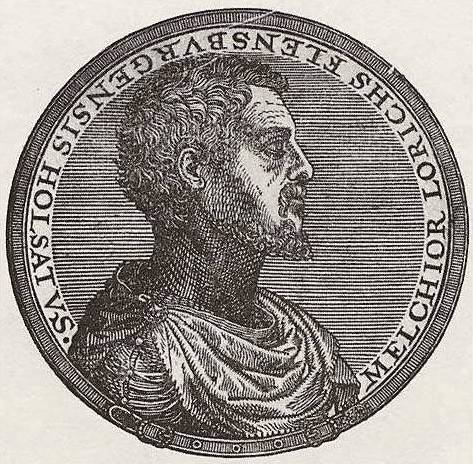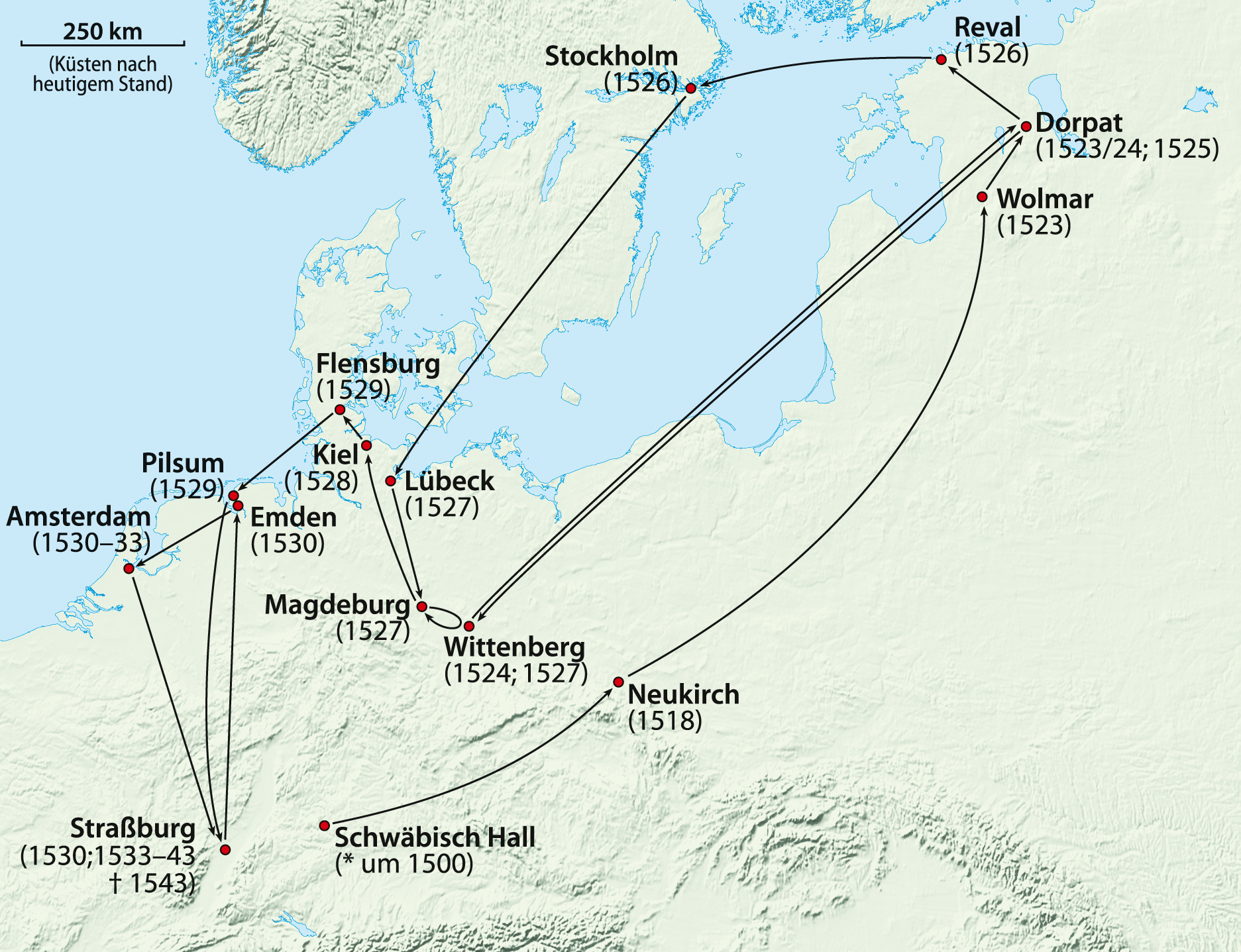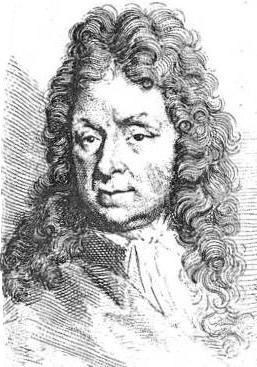|
Melchior
Melchior is the name traditionally given to one of the biblical Magi appearing in the Gospel of Matthew. There are many notable people with this name, or close variations. As a first name * Melchior Anderegg (1828–1914), Swiss mountain guide * Melchior Berri (1801–1854), Swiss architect * Melchior Broederlam (c. 1350 – after 1409), Dutch painter * Melchior Cano (1525–1560), Spanish theologian * Melchior Cibinensis, 16th century Hungarian alchemical writer * Melchior Goldast (1576–1635), Swiss writer * Melchior d'Hondecoeter (1636–1695), Dutch animalier * Melchior de Polignac (1661–1742), French diplomat, Roman Catholic cardinal * Melchior de Vogüé (1848–1910), French diplomat, travel writer, archaeologist, philanthropist * Melchior Franck (1579–1639), German composer * Melchior Grodziecki (1584–1619), Catholic saint * Melchior Hoffman (c. 1495–1543), German-Dutch Anabaptist prophet * Melchior Inchofer (c. 1584–1648), Jesuit who took part in Galileo's tri ... [...More Info...] [...Related Items...] OR: [Wikipedia] [Google] [Baidu] |
Melchior Lorck
Melchior Lorck (or: '' Lorichs'' or: '' Lorich'' or: ''Lorch'') (1526/27after 1583 in Copenhagen) was a renaissance painter, draughtsman, and printmaker of Danish-German origin. He produced the most thorough visual record of the life and customs of Turkey in the 16th century, to this day a unique source. He was also the first Danish artist of whom a substantial biography is reconstructable and a substantial body of artworks is attributable. Youth and early training Melchior Lorck was born in either 1526 or 1527 as son of a city clerk, Thomas Lorck, in Flensburg in the duchy of Schleswig in present-day Germany. The first document relating to him is the receipt of a royal Danish 4 year travel stipend from the Danish king, Christian III, signed on March 22, 1549 in Flensburg. His earliest engravings stem from the years before the travel stipend, starting with rather unsecure copies after Heinrich Aldegrever, but soon developing a fine control of the burin as in the staunchly anti- ... [...More Info...] [...Related Items...] OR: [Wikipedia] [Google] [Baidu] |
Melchior Inchofer
Melchior Inchofer or Imhofer, in Hungarian: Inchofer Menyhért (c. 1584 – 28 September 1648) was an Austrian-Hungarian Jesuit. He played an important part in the trial of Galileo, by his arguments, later published in his ''Tractatus Syllepticus'', that Galileo was an advocate of the Copernican system. His role in the Galileo affair is being reassessed in the light of fresh documentary evidence. Life He was born at Kőszeg in 1584 and died at Milan on 28 September 1648. He was born to Lutheran parents but was converted to Catholicism by Jesuit missionaries. In 1607 he entered the Society of Jesus in Rome, and after the completion of his novitiate went to Messina, where he taught philosophy, mathematics, and theology. In 1633 the Holy Office examined Galileo's '' Dialogue of the Two World Systems'', and through his link with Niccolò Riccardi, Inchofer was chosen as one of a panel of three theologians appointed to assess the work, the others being Agostino Oreggi and Zaccaria P ... [...More Info...] [...Related Items...] OR: [Wikipedia] [Google] [Baidu] |
Melchior Wańkowicz
Melchior Wańkowicz (10 January 1892 – 10 September 1974) was a Polish army officer, popular writer, political journalist and publisher. He is most famous for his reporting for the Polish Armed Forces in the West during World War II and writing a book about the battle of Monte Cassino. Biography Melchior Wańkowicz was born on 10 January 1892 in Kalużyce in the Minsk Governorate of the Russian Empire, now Kolyuzhitsa, Byerazino Raion, Minsk Region, Belarus. He attended school in Warsaw, then the Jagiellonian University in Kraków, which he graduated from in 1922. An activist in the Polish independence movement, he was an officer in the Riflemen Union (Związek Strzelecki). During the First World War he fought in the Polish I Corps in Russia under General Józef Dowbor-Muśnicki. After the war he worked as a journalist, for a time working as a chief of the press department in the Polish Ministry of Internal Affairs. In 1926 he founded a publishing agency, "Rój". He also work ... [...More Info...] [...Related Items...] OR: [Wikipedia] [Google] [Baidu] |
Arne Melchior
Arne Melchior (22 October 1924 – 24 September 2016) was a Danish politician of Jewish descent and supporter of Jewish causes. He was the son of Marcus Melchior. Melchior was active in the Social Democratic Party but left this party in 1973 to co-found the Centre Democrats. He was member of the Danish Parliament 1973-75 and again 1977–2001. He was minister of traffic in the Conservative Poul Schlüter coalition government 1982–86, and Minister for Communication and Tourism in the Social Democratic Poul Nyrup Rasmussen coalition government 1993–94. He represented his party in parliament's Foreign Policy Committee 1994–2001, when he was forced to step down after having publicly defended Israel's use of ''moderate physical coercion'' on terror suspects. He later chose to leave the Centre Democratic Parliamentary group. The Centre Democrats lost their representation in parliament in the parliamentary election of 2001. The party was dissolved on 1 February 2008. Melchior di ... [...More Info...] [...Related Items...] OR: [Wikipedia] [Google] [Baidu] |
Melchior De Vogüé
Charles-Jean-Melchior de Vogüé (18 October 182910 November 1916) was a French archaeologist, diplomat, and member of the Académie française in seat 18. Biography Born in Paris as the eldest son of Léonce de Vogüé, Melchior de Vogüé was schooled at the École spéciale militaire de Saint-Cyr and at the École Polytechnique. In 1849 was he attached to the French Embassy in St. Petersburg. After his father's arrest during the French coup of 1851, de Vogüé gave up diplomacy to focus on archaeology and history in Syria and Palestine. Named as a member of the Académie des Inscriptions et Belles-Lettres in 1868, he continued to publish scholarly journal articles on churches in the Holy Land, the Temple of Jerusalem, and Central Syria. After the fall of the Second French Empire, President Adolphe Thiers appointed him as Ambassador of France to Constantinople in 1871, then to Vienna in 1875. Family Melchior de Vogüé was the uncle of fellow academician Eugène-Melchior de ... [...More Info...] [...Related Items...] OR: [Wikipedia] [Google] [Baidu] |
Melchior Lengyel
Melchior Lengyel (born Menyhért Lebovics; hu, Lengyel Menyhért; 12 January 1880 – 23 October 1974) was a Hungarian writer, dramatist, and film screenwriter. Biography Lengyel was born Menyhért Lebovics in Balmazújváros, Hungary. He started his career as a journalist. He worked first in Kassa (Košice), then later in Budapest. His first play, ''A nagy fejedelem'' (''The Great Prince'') was performed by the Thalia Company in 1907. The Hungarian National Theatre performed his next drama ''A hálás utókor'' (''The Grateful Posterity'') in 1908 for which he received the Vojnits Award from the Hungarian Academy of Sciences, given every year for the best play. ''Taifun'' (''Typhoon''), one of his plays, written in 1909, became a worldwide success and is still performed today. It was adapted to the screen in the United States in 1914. His articles were often published in ''Nyugat'' (''West''), the most important Hungarian literary journal in the first half of the 20th centur ... [...More Info...] [...Related Items...] OR: [Wikipedia] [Google] [Baidu] |
Biblical Magi
The biblical Magi from Middle Persian ''moɣ''(''mard'') from Old Persian ''magu-'' 'Zoroastrian clergyman' ( or ; singular: ), also referred to as the (Three) Wise Men or (Three) Kings, also the Three Magi were distinguished foreigners in the Gospel of Matthew and Christian tradition. They are said to have visited Jesus after his birth, bearing gifts of gold, frankincense and myrrh. They are regular figures in traditional accounts of the nativity celebrations of Christmas and are an important part of Christian tradition. The Gospel of Matthew is the only one of the four canonical gospels to mention the Magi. has it that they came "from the east" to worship the "king of the Jews". The gospel never mentions the number of Magi. Still, most western Christian denominations have traditionally assumed them to have been three in number, based on the statement that they brought three gifts. In Eastern Christianity, especially the Syriac churches, the Magi often number twelve. Their i ... [...More Info...] [...Related Items...] OR: [Wikipedia] [Google] [Baidu] |
Melchior Hoffman
Melchior Hoffman (or Hofmann; byname: ''Pel(t)zer'' "furrier"; c. 1495c. 1543) was an Anabaptist prophet and a visionary leader in northern Germany and the Netherlands. Life Hoffman was born at Schwäbisch Hall in southwest Germany before 1500. His biographers usually give his surname as ''Hofmann''; in his printed works it sometimes appears as ''Hoffman'', and in his manuscripts as ''Hoffmann''. He was without scholarly training, and first appeared as a furrier in Livonia. Attracted by Luther's teachings, he came forward as a lay preacher, combining business travels with a religious mission. He worked as a lay preacher in the cities of Wolmar (from 1523), Dorpat and Reval. In Dorpat he became involved in an iconoclastic revolt, and the magistrates obliged him to go to Wittenberg to obtain Luther's approval of his preaching. After his return to Dorpat he was involved in more controversy and forced to leave the city. After the same thing happened in Reval, he decided to go to S ... [...More Info...] [...Related Items...] OR: [Wikipedia] [Google] [Baidu] |
Melchior Grodziecki
Melchior Grodziecki (c. 1582 – 7 September 1619) was a Silesian Jesuit priest. He is considered a martyr and saint by the Catholic Church. He was canonized in 1995 and is liturgically commemorated on 7 September. Biography He was born in Těšín into the noble Grodziecki family, and received his education in the Jesuit college of Vienna. In 1603 he entered the Jesuit novitiate of Brno. After making his first religious profession in 1605, he went on to the Jesuit College in Kłodzko (1606–1607). To be able to teach in high schools, he spent a year in the seminary in České Budějovice. In 1608, he returned to Kłodzko to complete his education in music. He graduated from philosophy and theology in the Clementinum of Prague and in 1614 was ordained a priest. From 1616, he was entrusted with the management of a hostel in Prague for poor students. After the outbreak of the Thirty Years' War (1618–1648), he was sent to Kassa, Kingdom of Hungary (today Košice, Slovakia) ... [...More Info...] [...Related Items...] OR: [Wikipedia] [Google] [Baidu] |
Melchior Wathelet
Melchior H. M. J. F. C. Wathelet (born 6 March 1949) is a Belgian politician and member of the Humanist Democratic Centre who served as 4th Minister-President of Wallonia. He has degrees in law and in economics (University of Liège) and is a Master of Laws (Harvard University). He is also a professor at the Catholic University of Louvain and the Université de Liège. From 1995 to 2003 he was a Judge at the European Court of Justice. Following that, Wathelet served as . In 2012-2018, Wathelet served as Advocate-General at the Court of Justice. Political career *Member of the Chamber of Representatives (1977–1995) * Secretary of State for Regional Economy of the Walloon Region (1980–1981) *Minister of New Technologies and SMEs of the Walloon Region (1981–1985) *Minister-President of the Walloon Region (1985–1988) *Deputy Prime Minister and Minister of Justice and Middle Classes (1988–1992) *Deputy Prime Minister and Minister of Justice and Economic Affairs (1992� ... [...More Info...] [...Related Items...] OR: [Wikipedia] [Google] [Baidu] |
Melchior De Polignac
Melchior Cardinal de Polignac (11 October 1661 – 20 November 1742) was a French diplomat, Cardinal and neo-Latin poet. Second son of Armand XVI, marquis de Polignac and Marquis Chalancon, Governor of Puy; and Jacqueline de Beauvoir -Grimoard-de Roure (his third wife), Melchior de Polignac was born at Chateau de la Ronte, near Puy en Vélay, Lavoûte-sur-Loire, Haute-Loire, Auvergne. Education and early career A precocious child, he was taken by his uncle to Paris, and installed in the Jesuit Collège de Clermont (later named the Collège de Louis le Grand). At the appropriate time, he passed to the Collège de Harcourt, where thanks to the misdirected efforts of a teacher who was an enthusiast for Aristotle, Polignac adopted the opposite view and became a Cartesian. His thesis in Theology at the Sorbonne (1683) discussed the Kings of Judah who had destroyed the "high places". He was either prescient, or aware of discussion around Louis XIV which led in two years to the revoca ... [...More Info...] [...Related Items...] OR: [Wikipedia] [Google] [Baidu] |
Melchior D'Hondecoeter
Melchior d'Hondecoeter (; 1636 – 3 April 1695), Dutch animalier painter, was born in Utrecht and died in Amsterdam. After the start of his career, he painted virtually exclusively bird subjects, usually exotic or game, in park-like landscapes. Hondecoeter's paintings featured geese (brent goose, Egyptian goose and red-breasted goose), fieldfares, partridges, pigeons, ducks, northern cardinal, magpies and peacocks, but also African grey crowned cranes, Asian sarus cranes, Indonesian yellow-crested cockatoos, an Indonesian purple-naped lory and grey-headed lovebirds from Madagascar. Biography Being the grandson of the painter Gillis d'Hondecoeter and the son of Gijsbert d'Hondecoeter, whose sister Josina married Jan Baptist Weenix, he was brought up in an artistic milieu.Melchior Hondecoeter in Houbrake ... [...More Info...] [...Related Items...] OR: [Wikipedia] [Google] [Baidu] |

.jpg)
.jpg)


